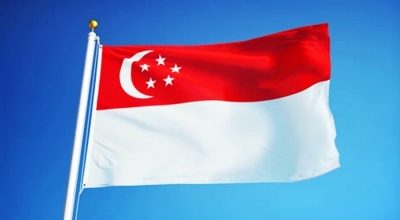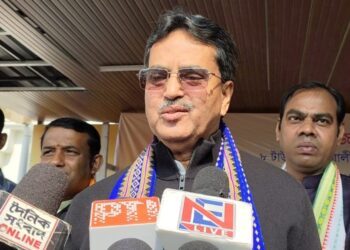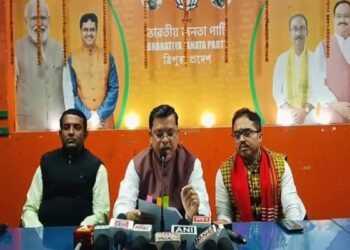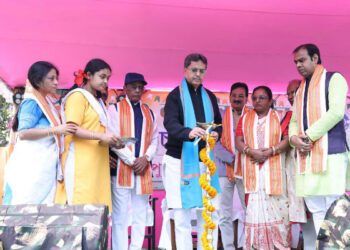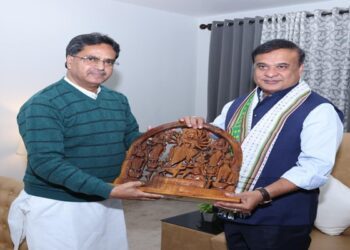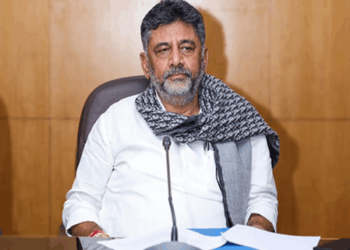Brunei and Singapore to Launch Feasibility Study for Joint Agri-Tech Food Zone
Bandar Seri Begawan, Nov 16 — Brunei’s Ministry of Finance and Economy (MOFE), in partnership with Singapore’s Ministry of Sustainability and the Environment and the Singapore Food Agency, has announced a joint feasibility study to explore the establishment of a Brunei-Singapore Agri-Tech Food Zone (ATFZ).
According to a press release issued by MOFE on Saturday, the proposed ATFZ is designed to strengthen food supply resilience in both countries while attracting high-value agri-food investments and creating employment opportunities. The initiative also aims to enhance local capabilities in the agri-food sector and promote innovation in agri-technology, positioning Brunei and Singapore as regional frontrunners in sustainable, technology-driven food production.
The initiative seeks to combine Brunei’s strategic advantages such as land availability and its economic diversification vision with Singapore’s strong expertise in agri-tech, regulatory frameworks, and market connectivity. By doing so, both nations aim to develop a competitive agri-food ecosystem supporting the production, processing, and export of high-quality food products to regional and global markets.
This collaboration follows the third joint committee meeting held in July, where senior government officers from both countries reviewed progress across key priority sectors. Hajah May Fa’ezah Ahmad Ariffin, Permanent Secretary at Brunei’s Ministry of Finance and Economy, noted that food security, healthcare, low-carbon energy, and the green economy remain major areas of cooperation under existing Memorandums of Understanding (MoUs). She stressed the need for resilience, innovation, timely implementation, and measurable outcomes to ensure long-term success.
The meeting was attended by permanent secretaries, deputy permanent secretaries, and senior officials from both nations.
Singapore’s Ministry of Foreign Affairs reaffirmed that Brunei and Singapore enjoy excellent relations, strengthened by close ties between leaders and regular high-level exchanges. The two nations also cooperate extensively in defence, finance, tourism, aquaculture, health, education, and through long-standing agreements such as the Currency Interchangeability Agreement. They remain close partners within ASEAN and other international platforms.


